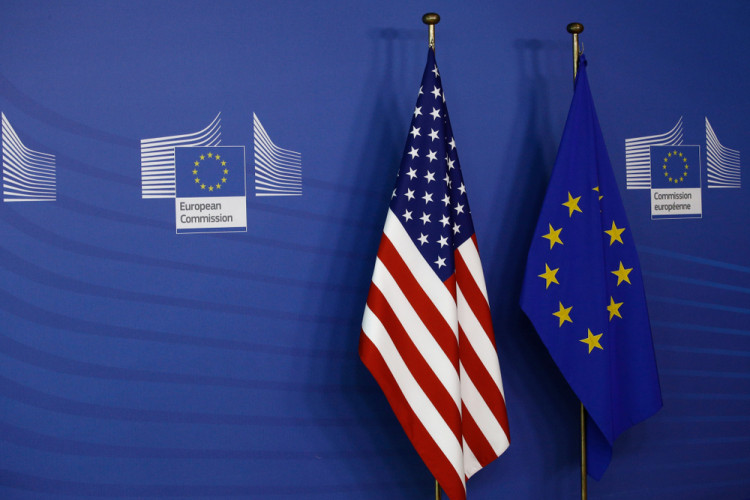The EU must navigate the evolving global trade and political landscape, marked by Donald Trump's return to the White House, by strengthening its industrial policies and unified single market to maintain and enhance its competitiveness.
The topic of the European Union (EU) competitiveness has been central to recent discussions among policymakers, business leaders, and economists. With the return of Donald Trump to the U.S. presidency in 2024, the landscape of global trade and politics is shifting once again, presenting new challenges and opportunities for the EU. As Europe seeks to bolster its competitiveness through robust industrial policies and a unified single market, the evolving political climate across the Atlantic could have significant implications. How should the EU navigate this new era, and what does the Trump administration mean for its competitiveness?
Delivering an EU industrial strategy
The EU’s industrial strategy must evolve to face a more protectionist and unpredictable U.S. administration. To maintain global competitiveness, Europe must prioritize the development of a cohesive industrial policy that can withstand external pressures and drive innovation. A key aspect of this strategy involves supporting European companies and small and medium-sized enterprises (SMEs) to compete on a global scale.
The EU’s leadership in research and innovation, particularly in high-tech sectors like life sciences, will be essential. Ekaterina Zaharieva, the EU Commissioner designate for Startups, Research, and Innovation, has a pivotal role to play in shaping these initiatives. By focusing on practical solutions that empower European industries to innovate and grow, the EU can better position itself against global competitors. A comprehensive life sciences strategy, for instance, could strengthen Europe’s leadership in cutting-edge fields such as biotechnology and pharmaceuticals, which are crucial for both public health and economic growth.
One of the most significant areas of impact from a Trump presidency could be on global health policy. The U.S.'s protectionist stance—both in terms of trade and investment—may limit international capital flow, which is essential for advancing life sciences and healthcare innovation. The EU's ability to attract global investment and expertise is paramount in maintaining its edge in these industries. To ensure the continued advancement of the health sector, the EU must remain open and attractive to international players. Europe’s commitment to open markets, cross-border collaborations, and research funding will be essential for keeping pace with global health innovation. At the same time, the EU can take this opportunity to consolidate its position as a global leader in health policy by promoting sustainable healthcare solutions, strengthening public health infrastructure, and fostering an environment conducive to scientific collaboration.
Building resilience in health
As the global healthcare landscape grows increasingly complex, building resilience within the EU’s health sector is critical. The EU must be proactive in addressing potential disruptions, such as supply chain issues or geopolitical tensions, that could affect the availability of essential medical supplies and technologies.
Investing in strategic autonomy—such as securing supply chains for critical medical products—will be crucial in ensuring the EU’s long-term resilience. By focusing on developing advanced medical technologies, expanding healthcare infrastructure, and supporting research and development (R&D), the EU can enhance its capacity to respond to both health crises and global market fluctuations. These measures will not only safeguard the health sector but also contribute to the EU’s broader economic competitiveness by stimulating innovation and job creation in high-value industries.
The political and economic dynamics of the Trump era present both risks and opportunities for the EU. On one hand, a more isolationist U.S. could disrupt established trade relations and shift the balance of power in global industries. On the other hand, the EU can seize this moment to assert its strategic autonomy and reinforce its leadership on the world stage.
Conclusion
While the return of Donald Trump to the White House presents challenges for the EU, it also offers a unique opportunity to embrace innovation, reinforce global leadership, and build resilience in key industries. By focusing on strengthening industrial strategies, advancing healthcare innovation, and maintaining open, attractive policies for international collaboration, the EU can thrive in the face of uncertainty.
In the end, the EU's ability to navigate these complex dynamics will define its role in the evolving global landscape. By staying proactive and focused on long-term goals, Europe can transform potential threats into opportunities, ensuring that it remains a leading force in the interconnected global economy.







